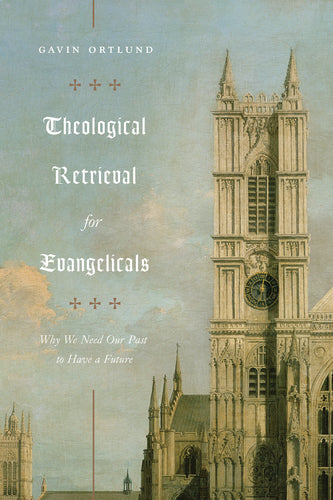Theological Retrieval for Evangelicals: Why We Need Our Past to Have a Future
Evangelicalism is not commonly known for mining the rich theological heritage handed down from previous generations. Instead, it tends to follow what, in the worst cases, can look like a "me and my Bible" approach to theology. But lately there has been a restlessness among evangelicals--an aching for theological rootedness that has led some to abandon Protestantism altogether. This book aims to set forth a vision for how engaging historical theology can enrich and strengthen the church today--and highlight how it can be done without abandoning a Protestant identity. By addressing two key doctrines--the doctrines of God and the atonement--and drawing from neglected theologians--Boethius, Gregory the Great, and John of Damascus--this book charts a course for evangelicals eager to draw from the past to meet the challenges of the present.
What Happens When Doctrine Suffers from Historical Amnesia
Why You Should Read This Obscure Old Book about Pastors
Why Modern Christians Should Stay Hitched to Church History
Why Protestantism Didn’t Start with the Reformation
History: Stranger than Fiction
Table of Contents:
Preface
Part 1: A Manifesto for Theological Retrieval
1. Can Evangelicals Retrieve Patristic and Medieval Theology?
2. Why Evangelicals Need Theological Retrieval
3. Benefits and Perils of Theological Retrieval
Part 2: Case Studies in Theological Retrieval
4. Explorations in a Theological Metaphor: Boethius, Calvin, and Torrance on the Creator/Creation Distinction
5. God Is Not a Thing: Divine Simplicity in Patristic and Medieval Perspective
6. Substitution as Both Satisfaction and Recapitulation: Atonement Themes in Convergence in Irenaeus, Anselm, and Athanasius
7. Cultivating Skill in the “Art of Arts”: Gregory the Great on Pastoral Balance
General Index
Scripture Index
-
Cover Type
-
ISBN
-
Page Count
-
Weight
-
Publisher
-
Publication Date





